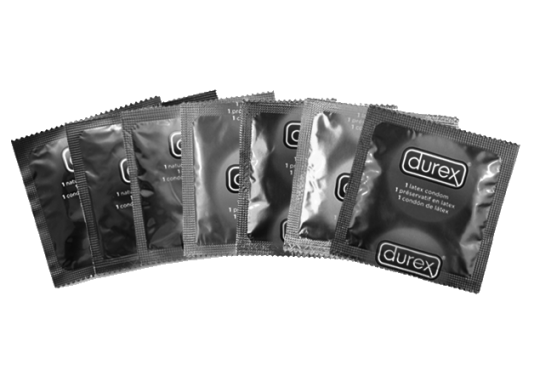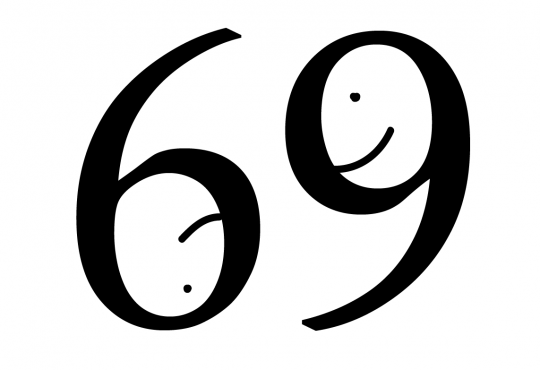Positioned at number 11 on the Hot 100 Billboard Charts, Usher’s hit song “I Don’t Mind” features rapper Juicy J as Usher serenades a stripper.
“Shawty I don’t mind/ If you dance on a pole, it don’t make you a ho,” Usher croons on the chorus, proceeding to inform his romantic interest that, “long as you comin’ home, girl, I don’t mind.” The remainder of the song follows suit, with Usher describing the workplace circumstances of his partner and dismissing the notion that his partner’s profession implies promiscuity.
In an article entitled “Usher Teams Up With Juicy J For Touching Stripper Anthem ‘I Don’t Mind,’ References Beyonce,” Mike Wass of music review website The Idolator ridicules the song for its juxtaposition of romance with explicit sexuality.
“Everything from UR [Usher’s most recent album] has been underwhelming but this could be mistaken for an SNL skit,” Wass wrote, “particularly when you throw Juicy J’s X-rated rap into the mix.”
In a similarly dismissive review, Erika Benton-Martin of the music review website Music Times criticized the song as haphazardly constructed and silly in meaning.
“’I Don’t Mind’ sounds like a desperate cry from a hitmaker trying to stay relevant,” Benton-Martin wrote. “It seems as though these artists are struggling to remain true to their sound and identity that catapulted them into stardom.”
But despite how ludicrous and comic the song may seem, few music reviews seem willing to take a positive outlook on Usher’s depiction of female sexuality. As much ridicule as the song receives, its lyrics demonstrate a relatively progressive view on women who use their sexuality as a tool in their professions, because it states both that he doesn’t mind if his partner is also working or if she does so by means of using her sexuality.
“Go and handle yo’ biz/ go make that money, money, money,” Usher sings. “If you dance on a pole, it don’t make you a ho.”
The ability to differentiate between comfort with one’s sexuality and promiscuity is one that much popular music—both within and beyond the genres of hip hop or rap—fails to have. For example, in his 1992 song “Bitches Ain’t Sh*t” featuring rapper Snoop Dogg, rapper Dr. Dre explains his misogynistic views on the place of women with the following lyrics:
“Bitches ain’t sh*t but hoes
and tricks/ Lick on these nuts and suck the dick,” Dr. Dre says.
Needless to say, these words leave something to be desired in terms of female empowerment. Not only does the song imply that women are not to be considered people but rather objects of sexual pleasure, but it also implies that any women who perform such sexual acts are indeed “hoes and tricks.”
“I Don’t Mind” therefore makes a small but significant step forward as both a major hit and a form of feminism.
“You want your own and you need your own, baby, who am I to judge/ Cause how could I ever trip about it when I met you in the club?” Usher sings, and there is a certain level-headedness in these lyrics that seems simultaneously comic and surprisingly mature. Usher makes the listener aware of the fact that his presence in the club also implies a certain level of promiscuity that may or may not be true, and so it would be unfair for him to assume promiscuity on her part when it is implied on his.
It is through these lyrics that Usher presents a more nuanced approach to singing about strippers.
This is not to say that this song is good or bad, classy or sleazy, or even a great example of feminism on the part of a hip hop artist.
In spite of the relative progressiveness of these lyrics, there remain many issues in its message. Chief among them are that Usher implies promiscuity to be innately undesirable as a mark of poor character, and that the song is somewhat forcibly interrupted by Juicy J’s rap, which basically expresses his interest in sex with strippers and has little to do with Usher’s message.
But credit should be given where it is due, and although this is a far cry from better feminist anthems such as Mary Lambert’s song “Body Love” or Beyonce’s “Flawless,” a little praise should be given to Usher for making a hit that explicitly states that strippers and prostitutes are not synonymous.






